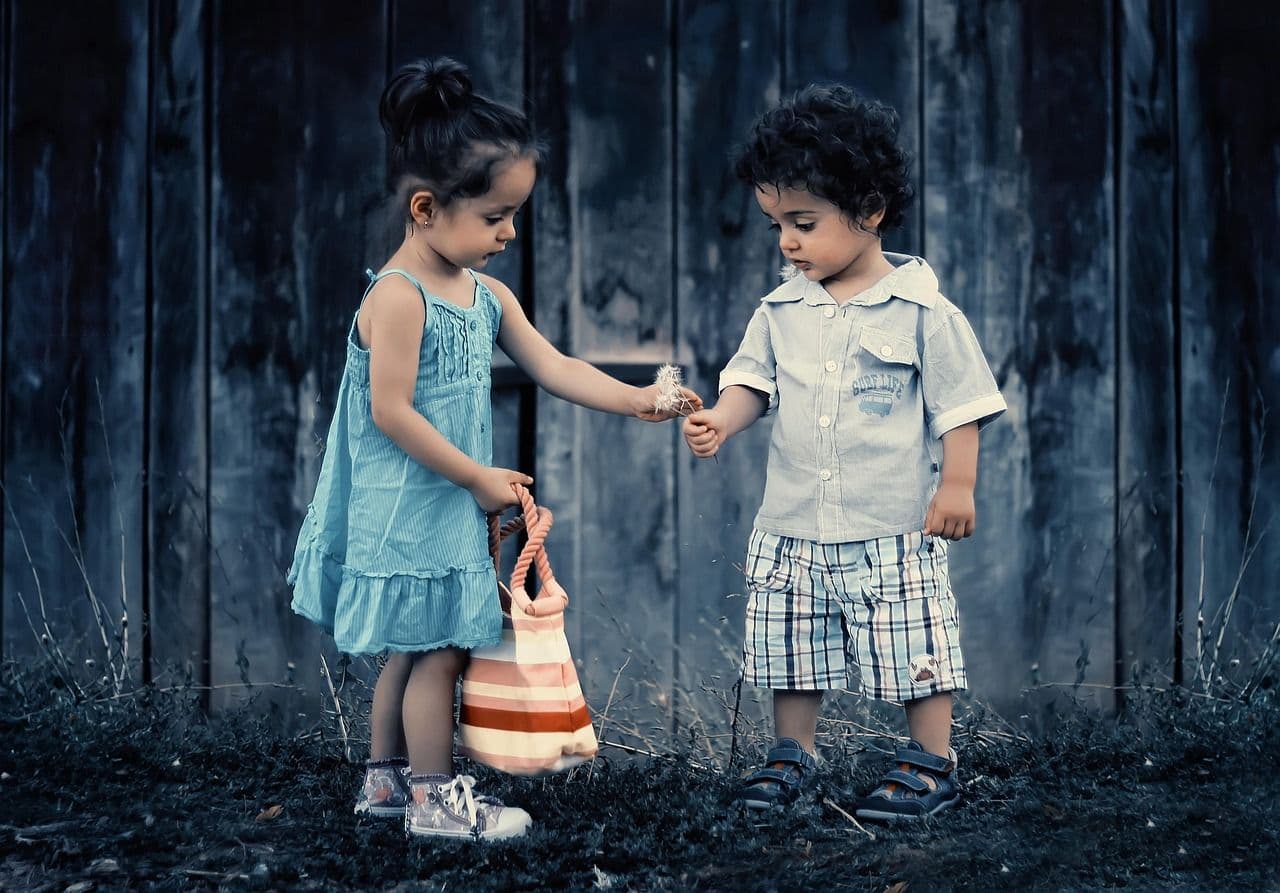Top Stories
Sibling Rivalry: How Family Conflicts Foster Resilience

Sibling disputes over toys, car rides, and the occasional slamming of doors are common in families with multiple children. Experts assert that these conflicts are a normal part of growing up and often occur in waves. According to psychologists, consistent boundaries and constructive guidance during these disagreements provide vital lessons in social skills and emotional intelligence.
Understanding Sibling Dynamics
The relationships between siblings are complex, but the warmth shared among them can lead to better social and emotional outcomes during childhood and adolescence. Children often experience a mix of closeness and irritation, and with adult support, these feelings can become productive. They learn to manage their emotions, listen to each other, negotiate, and mend relationships.
Fairness is crucial for children, as they tend to closely monitor who gets what, when, and why. Parents play a significant role in nurturing these relationships by avoiding comparisons between siblings and clearly explaining age-related differences in rules. As highlighted by Klix, positive sibling relationships do not depend on perfection or an ideal personality mix; rather, they are shaped by daily habits and how adults guide children through conflict.
Psychologists encapsulate this idea with the phrase, “Conflict is the classroom, and love is the subject.”
Strategies for Resolving Conflicts
Effective conflict resolution begins with acknowledging underlying issues. Implementing a concise list of household rules that prohibits hitting and name-calling can provide children with structure. Consequences should be clear, consistent, and applied immediately when safety is compromised.
Additionally, dedicating individual “special time” of around 10 minutes with each child can significantly reduce sibling rivalry. Parents are encouraged to anticipate critical moments of the day, such as morning rushes, car rides, or bedtime preparations, to mitigate potential conflicts.
Harvard University experts emphasize that mistakes are not detrimental to children’s happiness. Conflicts will inevitably persist as part of growing up, but with clear boundaries, fairness, and gentle guidance, children learn to share spaces, negotiate differences, and care for one another.
By fostering an environment where constructive conflict is embraced, families can cultivate resilience and stronger bonds among siblings.
-

 Health3 months ago
Health3 months agoNeurologist Warns Excessive Use of Supplements Can Harm Brain
-

 Health3 months ago
Health3 months agoFiona Phillips’ Husband Shares Heartfelt Update on Her Alzheimer’s Journey
-

 Science2 months ago
Science2 months agoBrian Cox Addresses Claims of Alien Probe in 3I/ATLAS Discovery
-

 Science2 months ago
Science2 months agoNASA Investigates Unusual Comet 3I/ATLAS; New Findings Emerge
-

 Science1 month ago
Science1 month agoScientists Examine 3I/ATLAS: Alien Artifact or Cosmic Oddity?
-

 Entertainment5 months ago
Entertainment5 months agoKerry Katona Discusses Future Baby Plans and Brian McFadden’s Wedding
-

 Science1 month ago
Science1 month agoNASA Investigates Speedy Object 3I/ATLAS, Sparking Speculation
-

 Entertainment2 months ago
Entertainment2 months agoLewis Cope Addresses Accusations of Dance Training Advantage
-

 Entertainment4 months ago
Entertainment4 months agoEmmerdale Faces Tension as Dylan and April’s Lives Hang in the Balance
-

 World3 months ago
World3 months agoCole Palmer’s Cryptic Message to Kobbie Mainoo Following Loan Talks
-

 Science1 month ago
Science1 month agoNASA Scientists Explore Origins of 3I/ATLAS, a Fast-Moving Visitor
-

 Entertainment4 months ago
Entertainment4 months agoMajor Cast Changes at Coronation Street: Exits and Returns in 2025









